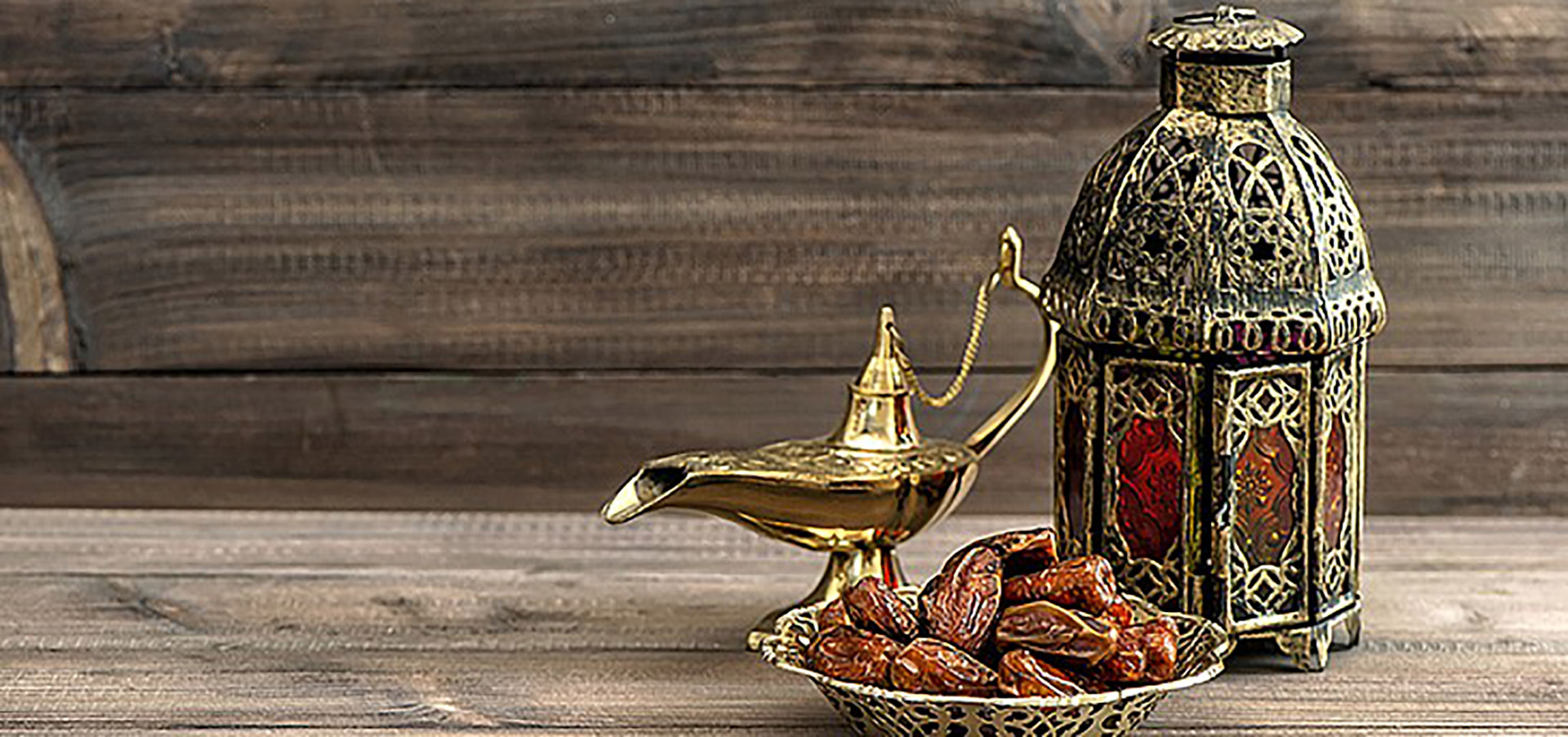In the quiet darkness of the hour before dawn, azaan resounds as I try to keep my eyes closed. It’s never the sound of azaan that wakes me up, but I also can’t sleep once I’ve heard it. I grew up hearing it whilst getting ready for school when I lived in the UAE, and hear it now when shifts in timezone between Ireland and India keep me up in Delhi. It gives me a sense of nostalgic comfort and a feeling of being caught in the moment at the same time. The clear and booming monologue—a string of incomprehensible words—feels more meaningful than a conversation.
I’ve been fortunate, then, to have lived in a country where azaan is audible in every corner. It became a part of my mornings to an extent that I became attached to it; even fifteen years later, it feels like a sense of childhood returned. I’ve also always associated it with friends who were up at that hour, not just for school but for suhoor. Suhoor is the pre-dawn morning meal that Muslims eat during Ramadan before they begin the day’s fast. The ritual goes that it’s eaten before the first morning prayer, while iftaar is the last meal for the day.
Iftaar is meant to be a communal feast. Commonly a family affair, the meal is elaborate with particular indispensable classics. “On weekdays, when one is at work, iftaar is usually dates, water and fruit. It is usually over the weekend that you might enjoy a family feast,” Delhi-based writer Nausheen Tareen tells me. I ask about staples and their reasons for being so. “There is only one staple: dates. Prophet Mohammed (Peace be upon him) used to have dates for iftaar before prayer. Since it is considered sunnat (following the actions of the Prophet), almost every household has dates for iftaar before they eat anything else. Dates are a good source of sugar and hence ideal after a day of fasting, but I doubt Muslims eat them for their health benefits. It’s mostly because they’re sunnat.”
Tareen explains that beyond the typical, iftaar can be varied. “It totally depends on what you crave after a day of fasting and which part of the country and world you belong to,” she says. “My personal favourites include everything fried that my mom makes, black-eyed peas, lentils (raw and sautéed), and chaat. Also, the keema samosa that my mother in law gets from Old Delhi, and paneer pakoras from Lajpat Nagar.”
The sunset and sunrise timings in newspapers are a trustworthy guide to iftaar timings. “If you live closer to a mosque, the Maghreb azaan is the sign that it is time for iftaar. Else, we usually rely on timetables from local mosques, or apps,” Tareen says. A silent prayer asking for the fast to be accepted precedes the meal. “At home, one of my favourite rituals is my father in law narrating the iftaar dua and the entire family repeating after him." Iftaar is followed by an evening namaaz in some homes, and goes on late into the night as a lengthier meal in others. Tarabi namaaz, a set of extra prayers, is also performed at night during the Holy month. “This is really special. In India, most mosques do not have separate sections for women, so they mostly read them at home. Men, however, go to the mosque."
I ask whether fasting is an essential religious practice. "Fast is among the five principles of Islam and a must for every able-bodied Muslim. There are certain things to keep in mind, though; it's not just about staying hungry. We're not supposed to gossip, eye someone with envy, or willfully lie. It is said that if one practiced restraint for a month, it would become second nature. It is also the time to do charity. It is a belief that spiritual reward for every practice is manifold during Ramadan."
Trying hard to remember whether friends had ever narrated any of this to me, the only thing I'm able to recall starkly is a neatly-laid iftaar table: haleem, fragrant kebabs, dates and falooda.
“There is a saying that Ramadan is a month of barkat. And the iftaar table exudes it.”
This story is the third in our issue F A I T H. Read the fourth here.




